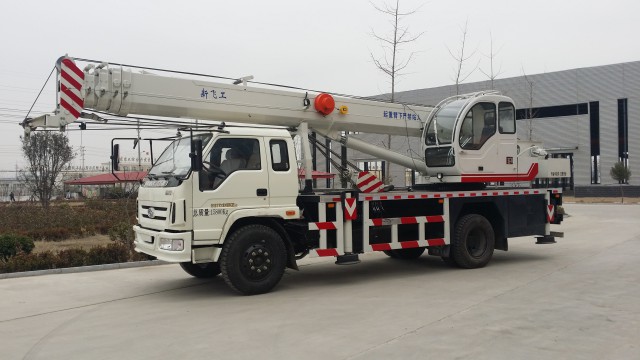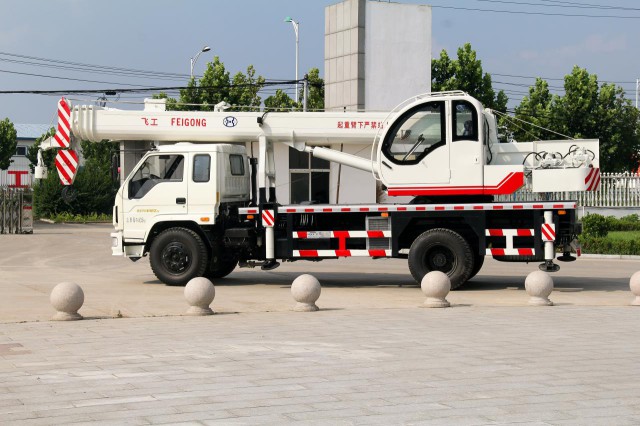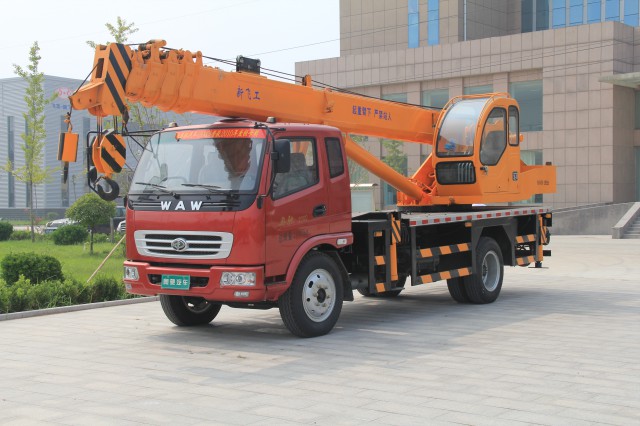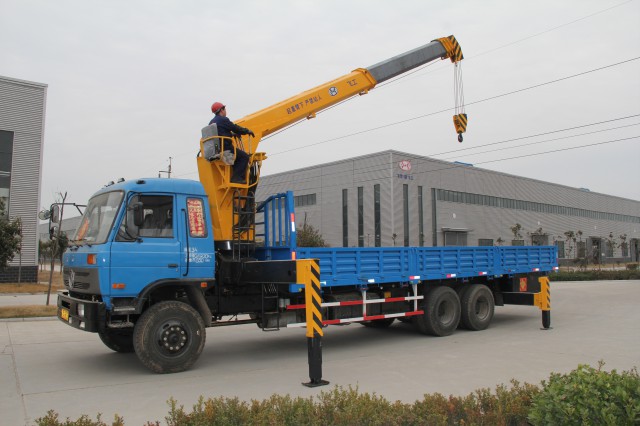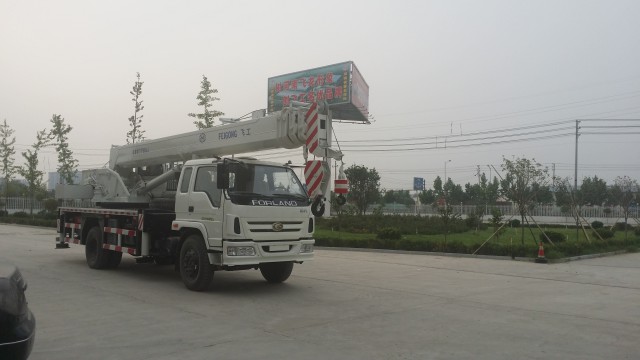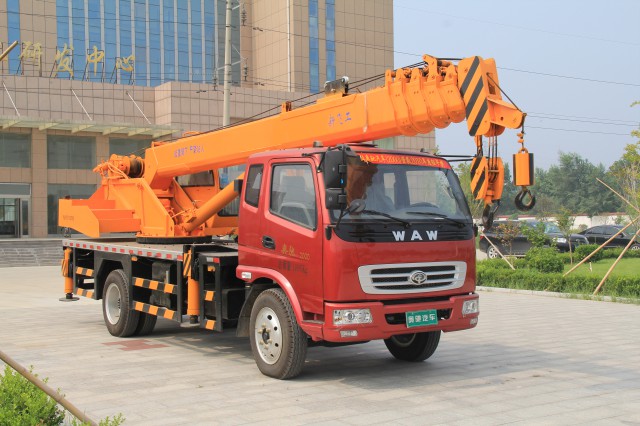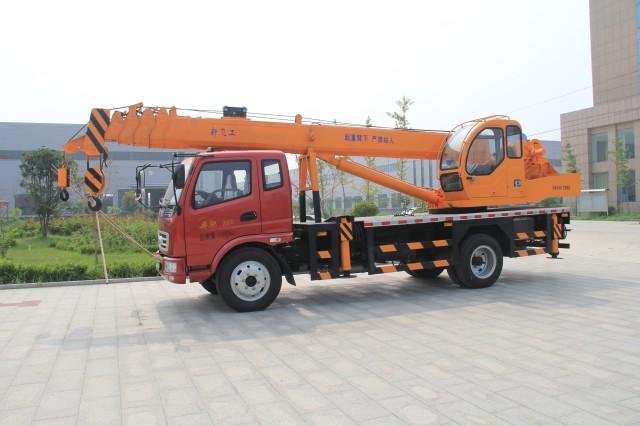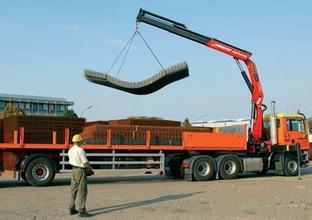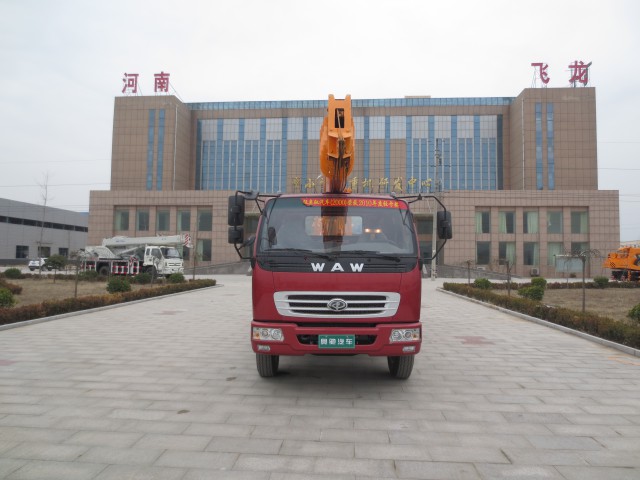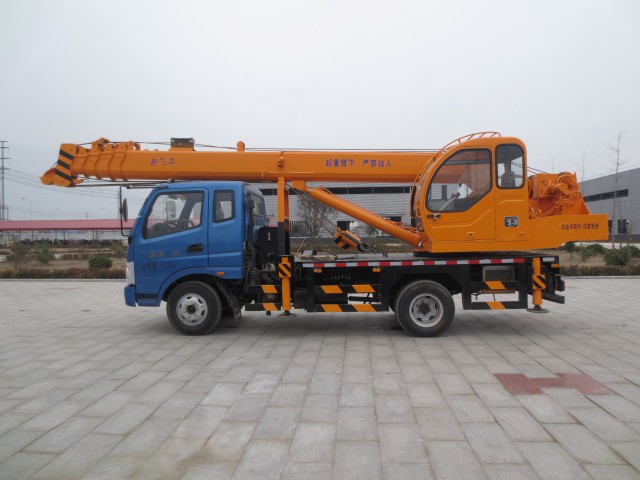In a world where industrial production and output is the pivot of all development, heavy lifting equipment is a boon granted by technology. Lifting equipment is mandatory for all industries where manual labor needs to be minimized for the simple reason that production has to be augmented. As per industrial guidelines, installation of heavy lifting machines is a must to ensure the safety of workers and avoid hazards at the workplace. So you can imagine the multitudes of heavy equipment varying in functionality that are available today. The crane is recommended as one of the safest lifting equipment in the industrial sector.
The need for heavy equipment training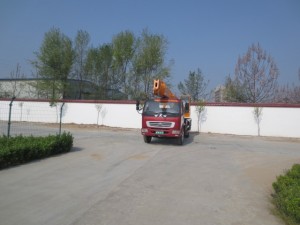
With the widespread use of different types of cranes, the need for trained and qualified crane operators cannot be ignored. Any person in industries involving construction or any such form of work needs to have personnel who are skilled and knowledgeable to operate cranes. Not only the safety of people working around but also the net growth output of the company directly or indirectly is dependent on the crane operators.
Crane Operation Certification
There are so many varieties of cranes such as the wheel mounted cranes with telescopic or hydraulic booms, commercial truck mounted crane with articulated boom, crawler mounted cranes, overhead track mounted cranes, monorail and under-hung cranes, and many more. A crane operator must know how to man these heavy machines skillfully and tactfully and address all the challenges he might face while doing so efficiently. This does not happen overnight, nor is anyone born with such skills. One needs to acquire the competence and be trained in managing cranes. Such training and authorization can be received by enrolling into crane operation certification programs offered at specialized institutions which will help you reach that level of proficiency.
While enrolling in such a course do make sure that your curriculum includes all dimensions of crane operation such as crane safety, operations and communication, machine power flow, preventive maintenance, computer aids, load dynamics and load charts, on-site equipment movement, emergency procedures, telescopic boom assembly and disassembly and advanced operational techniques.
An ideal heavy equipment training school will be committed to providing assistance to youngsters who wish to further their prospects in the field of heavy equipment operations. It is vital that you choose a training institute that is nationally certified and accredited. Such institutes impart education that is practical, comprehensive and job oriented. They also provide job placement assistance regularly follow up the progress of their students placed in jobs. Once you narrow down your choice to an institute you wish to be a part of getting to your goal shouldn’t be difficult.


